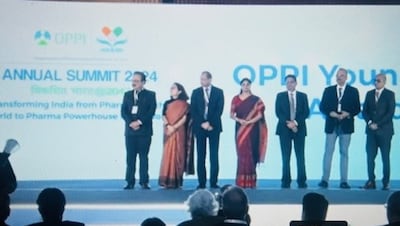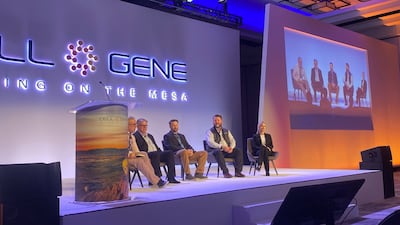Quality
India is advancing regulatory rationalization efforts, refining procedures and pathways. Guidelines for biosimilars are expected to align with international standards, while early steps towards PIC/S compliance have been initiated.
The roles and responsibilities of EU medtech’s persons responsible for regulatory compliance vary widely in role and risk exposure. The recent TEAM-PRRC meeting highlighted how vulnerable they can be and the steps to protect themselves.
Earlier this year, a paper was published demonstrating the substandard quality of generic oncology drugs in Africa. While drug companies said it was a supply-chain problem out of their control, who is responsible for the drug quality when it reaches the patient?
Drawing on around 60 years of experience, the European Directorate for the Quality of Medicines & HealthCare will help the newly formed African Medicines Agency develop robust quality control systems.
Commissioner Martin Makary’s repeated characterization of foreign facilities as being subject to lower standards than domestic counterparts may have contributed to Rogers’ decision to retire as head of the recently formed Office of Inspections and Investigations.
Commissioner Martin Makary’s repeated characterization of foreign facilities as being subject to lower standards than domestic counterparts may have contributed to Rogers’ decision to retire as head of the recently formed Office of Inspections and Investigations.
Alvotech has named two new key executives, while Biosimilars Canada has elected its 2025 leaders and the AAM has welcomed the new FDA commissioner in the US.
China’s National Healthcare Security Administration has responded to reports of complaints from Chinese healthcare professionals about the quality and efficacy of generics purchased through the country’s volume-based procurement scheme.
India continues to reform biopharma regulatory processes and widen digitization efforts. The regulator will curb "re-deliberations" at subject expert committee meetings unless applicants furnish new data.
The International Council for Harmonisation is seeking input from IT vendors on what it will take to establish a state-of-the-art technology platform that drug sponsors can use to submit quality-related post authorization submissions for collaborative assessment by multiple regulatory authorities.
CRO executive Horst Ruppach discusses the critical factors that drug manufacturers must consider to ensure compliance with the revised ICH Q5A(R2) guideline on biologics viral safety. Thorough documentation and proactive engagement with regulatory bodies are key to navigating the complexities of viral safety evaluation in biotechnology products, he says.
Decentralized manufacturing methods for cell and gene therapies will be critical for improving patient access to treatments, but sponsors must prepare to demonstrate “comparability” with centralized manufacturing.










